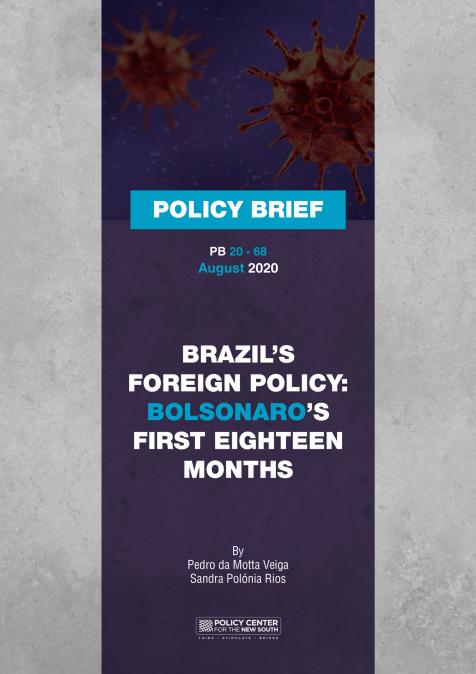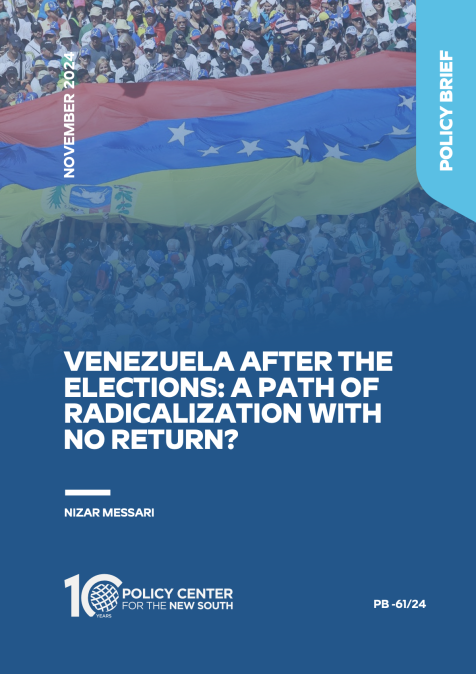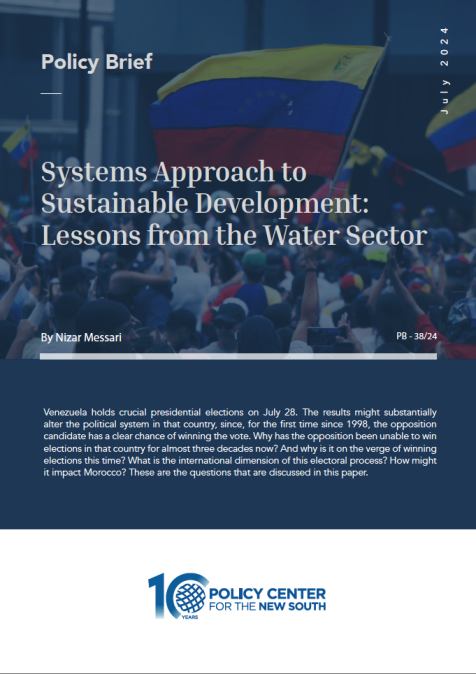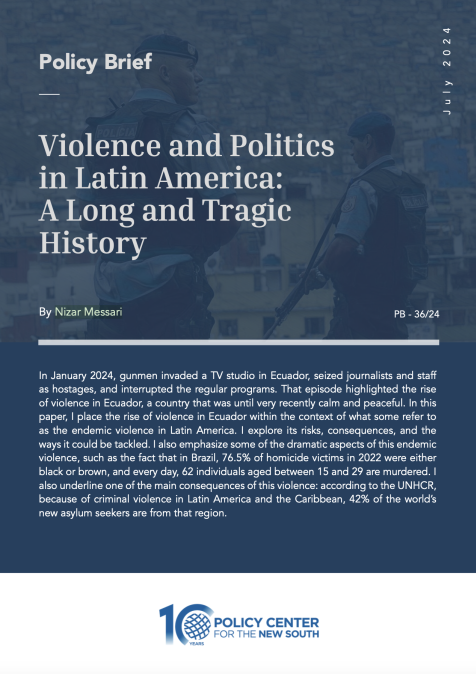Publications /
Policy Brief
Policy Brief
Brazil’s Foreign Policy: Bolsonaro’s First Eighteen Months
August 24, 2020
A previous CINDES’ policy brief, issued in May 2019, addressed the first months of Brazilian President Jair Bolsonaro’s foreign policy. According to its conclusions, there were “strong indications that a rupture in Brazil’s foreign policy is deliberately being promoted”, at the economic as well as the political level. Taking stock of the evolution of Bolsonaro’s foreign policy in the eighteen months of his tenure as President, this second brief discusses to what extent the intended political and economic rupture has actually taken place, and the prospects for the future of foreign policy under Bolsonaro.









